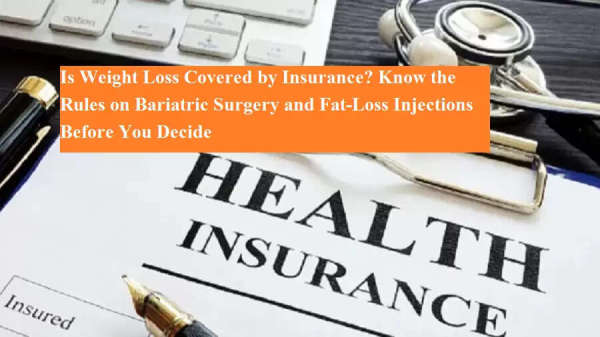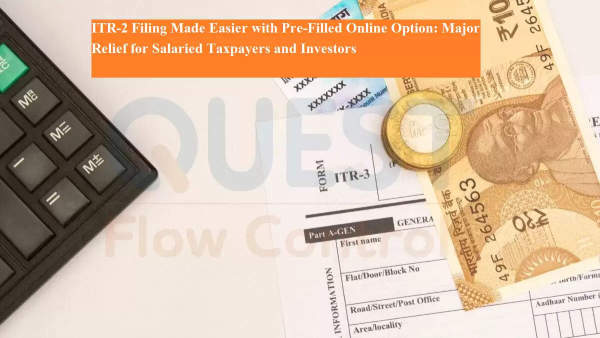
Millions of Universal Credit recipients will see a rise in payments from this month as the annual benefits uprating comes into effect.
Universal Credit payments saw a 1.7% increase from 7 April - however, since Universal Credit is paid monthly in arrears, most individuals will
The increased rates only apply to Universal Credit assessment periods that started on or after 7 April. Your assessment period is used to calculate your Universal Credit amount, based on earnings or deductions during this period.
Universal Credit payments are made a week after the end of each assessment period. This means if your last Universal Credit assessment period began on 7 April, you will start receiving the higher payments
Universal Credit comprises a standard allowance which is determined by your age and whether you're claiming as a single person, or as part of a couple, the reports.
The standard allowance is the basic amount you receive before any additional elements - for example, if you have children or are unable to work due to illness - or any deductions are taken into account. Here's how much the Universal Credit standard allowance has increased by:
- Single under 25: from £311.68 a month to £316.98 a month
- Single 25 or over: from £393.45 a month to £400.14 a month
- Joint claimants both under 25: from £489.23 a month to £497.55 a month
- Joint claimants, one or both 25 or over: from £617.60 a month to £628.10 a month
Universal Credit is gradually replacing six older benefits, including Working Tax Credit, Child Tax Credit, Income Support, Income-based Jobseeker's Allowance, Income-related Employment and Support Allowance, and Housing Benefit.
Applications for Tax Credits, Income Support, income-based Jobseeker's Allowance and Housing Benefit have now been closed -but those receiving income-related Employment and Support Allowance (ESA) still need to transition to Universal Credit.
The aim is to contact all remaining ESA recipients by September 2025. The Department for Work and Pensions (DWP) plans to have everyone on Universal Credit by March 2026.
Meanwhile, the DWP has recently started prompting Universal Credit claimants to confirm any changes in their situation.
If you're receiving Universal Credit, it's your responsibility to notify the DWP of any changes in your circumstances. This could include changes at work, a change of address, or different living arrangements.
Failure to report a change to Universal Credit could lead to receiving too much or too little money, which you may be required to repay.









